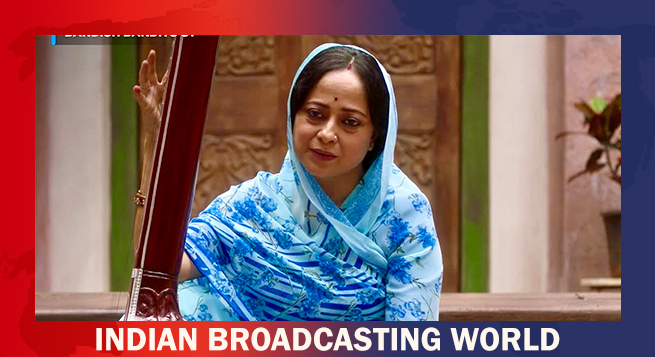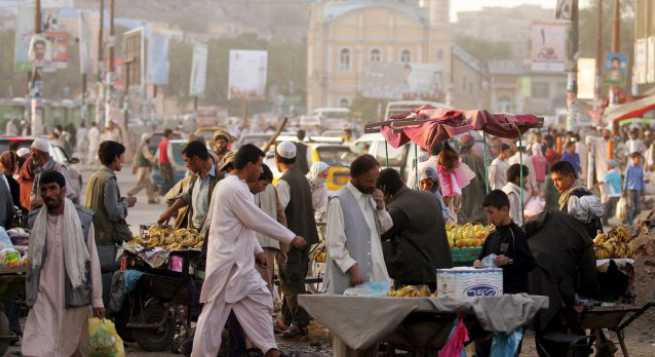The Sm:)le net club, a gaming cafe in downtown Kabul, used to be a haven for young people in the city: an escape from the daily grind in a country where decades of war and economic malaise have dimmed their prospects.
Now, with Afghanistan back under control of the Taliban, which banned most forms of entertainment during its previous rule in 1996 to 2001, some fear that gaming may be wrenched away.
“Unemployment has increased a lot in the last few weeks … and we come here to play,” Reuters quoted student Ahmad Shoieb as saying, sitting amongst the plush sofas and large TV screens featuring soccer and fighting games, adding, “What will we do if they close the game cafe?”
The Islamist movement has been at pains to show a more conciliatory face to the world since it swept to power on August 15, 2021, but there remains uncertainty over how it will govern.
It has said cultural activities would be allowed, as long as they did not go against sharia and Afghanistan’s Islamic culture.
When they last ruled Afghanistan, the Taliban banned television, most commercial music and video games, and imposed harsh public punishments on those that broke its rules.
The cafe’s proprietor, Ahmad Jawad, said many of his usual customers had been scared to come back, fearing the Taliban would raid the cafe and arrest or even whip patrons.
“Because of this, people’s interest in game cafes has decreased a lot and we have all suffered,” Jawad said.
He added that he had invested heavily in the cafe, the sole source of income for his family, and could struggle to find other jobs if it had to close. (Photo courtesy UPI)
 Top India Ministers pitch WAVES ’25 to foreign envoys in New Delhi
Top India Ministers pitch WAVES ’25 to foreign envoys in New Delhi  JioStar secures 20 top brands for TATA IPL 2025
JioStar secures 20 top brands for TATA IPL 2025  After Airtel, Reliance announces pact with Starlink
After Airtel, Reliance announces pact with Starlink  In a surprise move, Airtel joins hands with Musk’s Starlink for India
In a surprise move, Airtel joins hands with Musk’s Starlink for India  NDTV MPCG conclave showcases vision for growth and innovation
NDTV MPCG conclave showcases vision for growth and innovation  Zee Media’s ‘Unveiling India Quiz’ concludes with grand finale
Zee Media’s ‘Unveiling India Quiz’ concludes with grand finale  For Sheeba Chadha, films, web series are the same work-wise
For Sheeba Chadha, films, web series are the same work-wise  YRF’s ‘War2’ to release in theatres Aug 14
YRF’s ‘War2’ to release in theatres Aug 14  KALP Foundation, WION unveil ‘Token: Money Magnet’
KALP Foundation, WION unveil ‘Token: Money Magnet’ 








